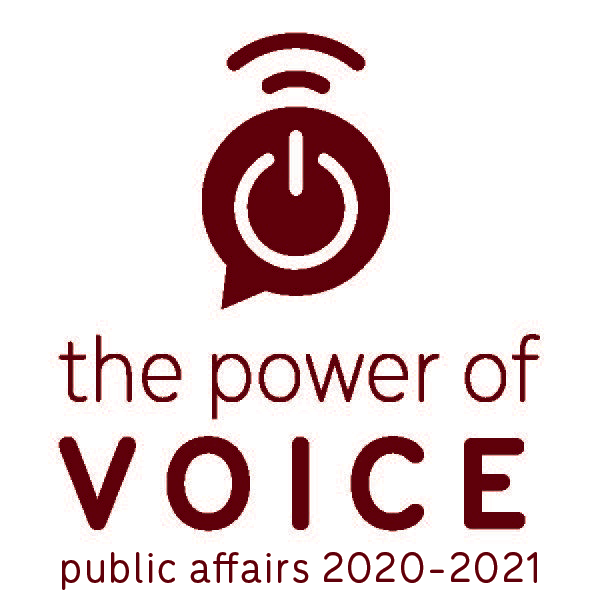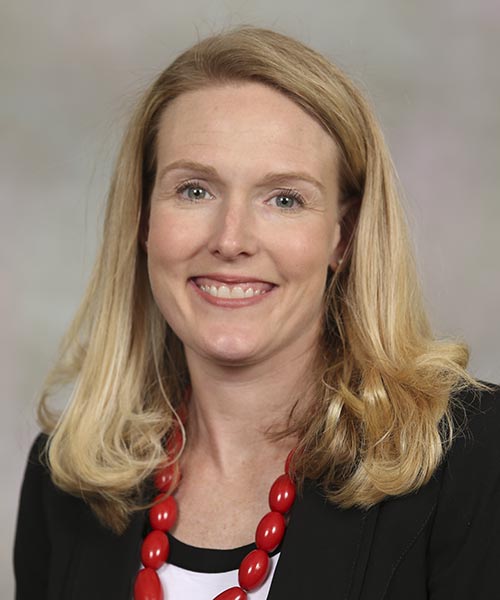The Power of Voice
About the theme
In today’s world, we are bombarded with voices from all sides. The Internet, social media, television and the 24/7 news cycle offer a constant flow of information, ideas, opinions and widely divergent points of view. What effect do the myriad voices have on individuals, groups and society at large? How do people filter out the noise to find their own voice and be heard? What is the power of voice?
Each of us must find our own voice that represents our personal values, beliefs and attitudes. This process is shaped by experience, education, culture, geography, adversity and many other factors. The evolution of one’s voice allows individuals to express themselves and to advocate for others through oral and written communication, the arts, political dialogue and in many other ways. People can use their voice to express gratitude, generosity, and inspiration, but can also convey hate, dissention, and disruption. As a community, we seek the truth that unifies us all, and we must find ways to respectfully agree and disagree.
How do we develop tolerance and unity?
To what extent is the power voice the ability to be heard? Each voice is different, and some in our society have no voice to call their own or no audience to listen. There are others who prefer not to be heard due to indifference, fear, or insecurity. How do we integrate the multitudes of individual voices to find truth? How have technology, social media, and decreasing personal interaction impacted our voices? Voices shape our perceptions of reality. How do we evaluate those perceptions to develop tolerance and unity?
Join the conversation during the Public Affairs Conference!
The fall 2020 Public Affairs Conference will be held September 29-October 1 on the campus of Missouri State University.
2020-2021 Provost Fellow for Public Affairs
